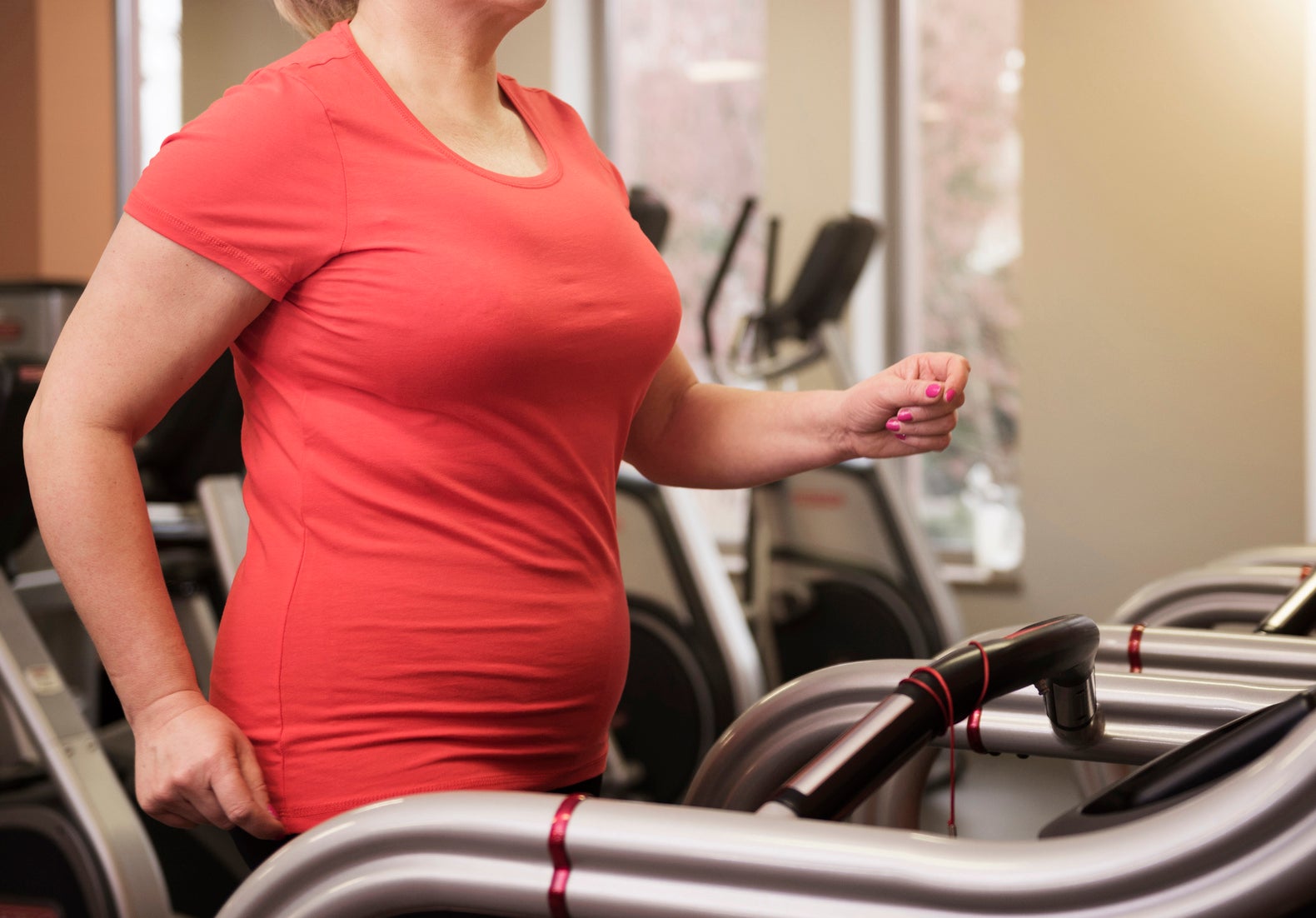Exercise pill: Drug can make mice run for 70% longer
'It means you can improve endurance to the equivalent level as someone in training, without all of the physical effort'

Your support helps us to tell the story
From reproductive rights to climate change to Big Tech, The Independent is on the ground when the story is developing. Whether it's investigating the financials of Elon Musk's pro-Trump PAC or producing our latest documentary, 'The A Word', which shines a light on the American women fighting for reproductive rights, we know how important it is to parse out the facts from the messaging.
At such a critical moment in US history, we need reporters on the ground. Your donation allows us to keep sending journalists to speak to both sides of the story.
The Independent is trusted by Americans across the entire political spectrum. And unlike many other quality news outlets, we choose not to lock Americans out of our reporting and analysis with paywalls. We believe quality journalism should be available to everyone, paid for by those who can afford it.
Your support makes all the difference.A drug that can enable mice to run for nearly 70 per cent longer before succumbing to exhaustion has been developed by scientists searching for a pill that mimics the effects of exercise.
Despite having a sedentary lifestyle, the mice were normally able to run for 2 hours 40 minutes in a treadmill. However, those given the drug managed to keep going for 4 hours 30 minutes.
The drug, known as GW, activates a gene called PPARD that has been associated with being able to run long distances, resistance to weight gain and being responsive to insulin. These are all qualities normally associated with physical fitness.
One of the researchers, Dr Weiwei Fan, of the Salk Institute in the US, said: “Exercise activates PPARD, but we're showing that you can do the same thing without mechanical training.
“It means you can improve endurance to the equivalent level as someone in training, without all of the physical effort.”
While such a drug might be misused by athletes hoping it would give them an advantage over their rivals, it is hoped it could improve the health of those who find it difficult to exercise effectively, such as elderly, obese or ill people.
It is thought artificially increasing fitness could help people with heart conditions in particular.
"It's well known that people can improve their aerobic endurance through training," said Professor Ronald Evans, who holds Salk's March of Dimes Chair in Molecular and Developmental Biology. "The question for us was: how does endurance work? And if we really understand the science, can we replace training with a drug?”
The study, described in the journal Cell Metabolism, built on previous research into the way endurance is built up by exercising.
As people get fitter, their muscles start burning more fat instead of blood sugar and it is thought PPARD is involved in this process. This is important as the brain much prefers sugar as a source of energy.
When long-distance runners "hit the wall", they can become confused because their brain is struggling to get enough energy.
So, as people exercise more, their bodies prioritise sugar for the brain and force the muscles burn fat instead, according to the scientists’ theory.
The study found the mice’s muscles did not go through changes associated with aerobic fitness, including a change to muscle fibres that burn fat rather than sugar.
In a statement, the Salk Institute said: “Although the lab's studies have been in mice, pharmaceutical companies are interested in using the research to develop clinical trials for humans.
“The team can envision a number of therapeutic applications for a prescription drug based on GW, from increasing fat burning in people suffering from obesity or type 2 diabetes to improving patients' fitness before and after surgery.”
Join our commenting forum
Join thought-provoking conversations, follow other Independent readers and see their replies
Comments